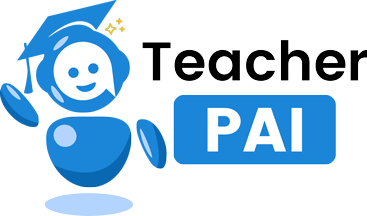“Honoring Heritage, Building Bridges.”
Legacy invites participants to explore their cultural roots and those of others through heritage-based inquiry and creative expression. The six phases guide students from exploring their own traditions, researching global cultures, connecting history with identity, creating cross-cultural products or performances, building community dialogue projects, and sharing these stories publicly. Legacy fosters pride, empathy, and global citizenship through deep cultural reflection and celebration.
Goal
To foster cultural awareness, pride, and mutual respect by empowering participants to explore and share their heritage while honoring and learning from the histories and traditions of others.
Skill Objectives
Participants will improve the following skills:
- Problem-solving skills – the ability to navigate issues of identity, history, and heritage in diverse settings
- Research skills – the ability to investigate family traditions, cultural histories, and global perspectives
- Management skills – the ability to preserve, share, and apply cultural knowledge across projects and presentations
Outcomes
- Strengthened cultural identity and self-esteem
- Greater empathy and respect for cultural diversity
- Enhanced academic skills through research and storytelling
- Completion of a creative or research-based cultural presentation
Benefits
- Attendance & Graduation – In San Francisco, students (including Black youth) assigned to 9th grade ethnic studies courses showed a 21% higher attendance rate and increased high school graduation rates compared to peers (Stanford Study, 2021).
References
- Stanford Institute for Economic Policy Research. (2016). Stanford study suggests academic benefits to ethnic studies courses. Retrieved from https://news.stanford.edu/
stories/2016/01/ethnic- studies-benefits-011216/





